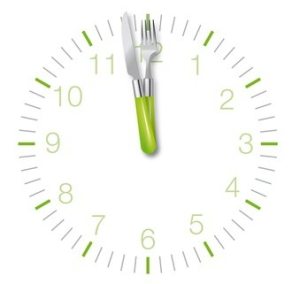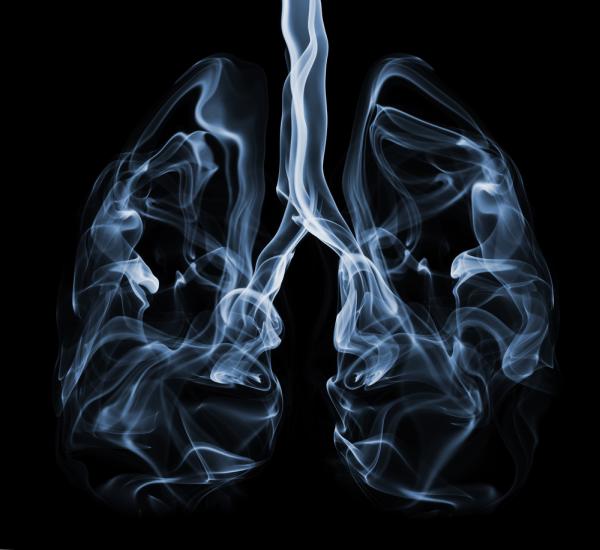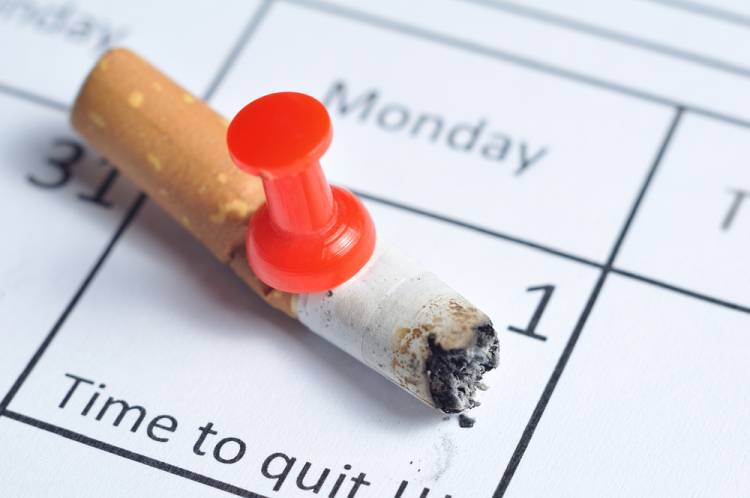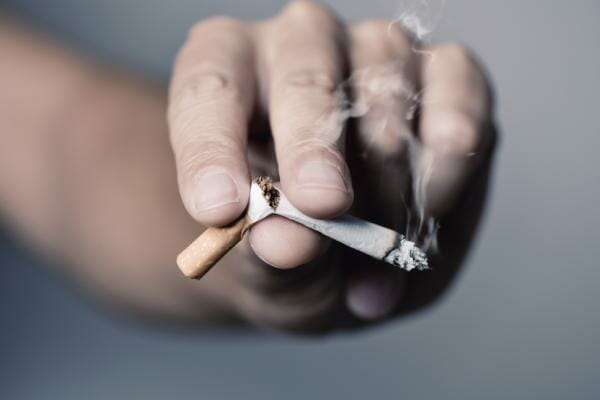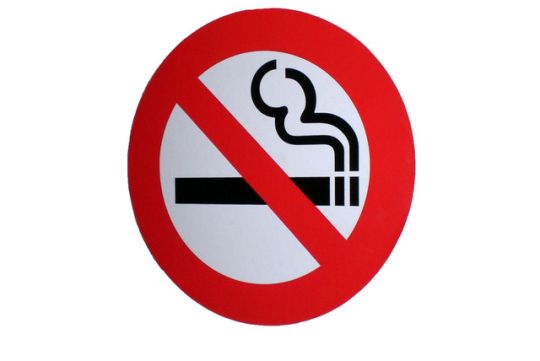Why Do We Eat Supper Like a Pauper at Fresh Start?
Science behind Our Meal Plan
The Fresh Start meal plan at the retreat can be briefly summed up by an old European saying: “Eat breakfast yourself, share your lunch with a friend, and give your supper to an enemy.”
Why is the breakfast such an important meal of the day? What goodies should we give to an enemy and why? How is this principle used at the Fresh Start and how does it help my health progress? Before we answer these important questions, let’s look at how our body works first.
The Body’s Natural 24-hour Cycle
There are 3 basic stages of food processing:
Noon – 8 pm: Digestion Everyone knows what digestion is: it is when the food we swallowed is broken down into a form that can be absorbed and taken (assimilated) into our body tissues. We chew the food, and our stomach grinds, churns, mixes and breaks it down. Then both stomach and small intestine, using digestive enzymes in the gastric, pancreatic and small intestine juice, as well as in bile, continue preparing the food for absorption.
8 PM – 4 AM: Absorption & Assimilation
Absorption is the uptake of fluids or other substances from the intestinal tract by the tissues of the body. This happens through blood and lymph from the middle and lower portions of the small intestines (jejunum and ileum).
Assimilation is the process by which the absorbed liquid foods are taken into the cells and can be used by them for operation of their internal processes and as building material.
4 AM – Noon: Elimination. Besides the fact that elimination is the elimination of feces by intestinal tract, it also includes the entire process of excretion of metabolic waste products, including from the blood through the kidneys and urinary tract.
The 3 stages above take approximately the same number of hours – about 8 hours per day. They do not have an exact timeline, but do need to have the adequate time for completion of their functions – it is important for proper nourishment of the cells and elimination of by-products of metabolism.
Elimination stage is the one that gets cut down or cut-out most often. Most people eat too much and too often, and snacking is encouraged everywhere starting from pre-school to coffee breaks.
As a result instead of breakfast (breaking-the-fast) we have continuation of the last night party drinks and food.
The best time for ingestion and digestion of foods is before 8 PM: this mean that the food needs to be completely digested and leave the stomach and small intestine by that time. After 8 p.m. digestive juices stop their production virtually completely. So if you ate a big supper or light but very late supper, what will happen with this delicious food? It is going to wait there until morning in order to be properly digested. Yet in the meanwhile it rots and bacteria starts digesting it for you (with all the toxic by-products of its work as a result). You wake up tired, with bad breath, stinky gas, absence of appetite and the mouth fool of foul sticky thick mucus.
In the long run you may get more colds, flues, sinus issues, hernias (if you go to bed after meals regularly) and heartburn. After repeating the pattern continually, the metabolic wastes accumulate in cells and eventually cause congestion. Overtime this may lead to development of degenerative disease.
In a nutshell, eating late night suppers is like going to work for a night shift. Just try to imagine how you’d feel in the morning when you get up and, guess what, you have to go once again to work. After you’ve been doing this for at least 5-10 years, your body simply drags through the day and lives on coffee…
So this would not happen… or Magic Formula for Long-Term Weight Loss
When people ask us, what would be one advice we’d give to a person who wants to lose weight?, we always answer, Stop eating late at night. Just this alone without much effort may help you shed a few pounds off.
Let your digestive system catch up on moving the waste out at night and use the strong digestive enzymes produced throughout the day to digest your food quickly and effectively.
Summary: It is important to rest your digestive system and to give it a break. Most of us never stop eating or never let digestive system rest. The light and early supper will help your digestive system restore, help you lose weight and to heal more effectively.
How Do We Apply This Knowledge at Fresh Start?
There is another important component of our programs: evening rest for the digestive system.
- Morning Drinks: We start our re-nourishment day with hydrating cells with herbal teas and lemon water.
- Breakfast is served one to two hours later than usual than in a normal routine (at 9:00 AM). This allows the digestive system to rest after the night, to complete its housekeeping chores and to wake-up.
- Lunch is served at 1, when the function of digestive system is optimum. The time between the meals is used for taking water, healing teas and providing the body with sufficient time for digestion. The lunch is very nourishing and filling, as at this time our digestion is at its peak.
- Supper. Re-mineralizing Veggie Soup with or without gluten-free crackers is usually served for this meal.
Note: Don’t get panicky about absence of a usual big supper. We’ve done a pole on the level of hungriness of our guests. Most people were surprised that they thought way less about food when at Fresh Start and even skipped some meals. They think we have a miracle secret that keeps them so satisfied on so little comparing to what they normally have (of course we do – and we’ll happily share with you). 90% of our guests reported that the food served to them was totally perfect, and only the remaining 10% either are slightly hungry or want less food. Both are easy to adjust, and you may request some additional food or an apple for the night.
But before you decide to do so…
The reason why most people have difficulty falling asleep on a hungry stomach (there some other reasons, too) is that their digestive system is out of whack: the digestive tract lining is irritated or damaged, inflamed and therefore hurts. And the liver is overworked and agitated. Most pain hungers need the opposite of what is often perceived: rest. It is the body crying for help, not asking for food. And plainly late meals are a habit and a common part of social life, associated with pleasant feelings of belonging and connection. Yet recall what the taste of health, not pizza is… at least while at Fresh Start. Except people with diabetes and hypoglycemia, we highly highly suggest no extra food for evenings and no snacks in-between meals, as this does not let you take adequate amounts of water and rest to the digestive system for optimum healing.
According to research almost 100% of night hunger pains disappear after a glass or two of water. And according to our experience in most cases the evening hunger disappears by the day 4 of the program. This is because the digestive system calms down and starts functioning better by that time. Over 80% Fresh Start guests feel fully satisfied with their portion size. About 5% find that meals are too big for them, and less than 5% need more. Some men, young people and bodybuilders with great metabolism, and those who are seriously underweight may require more. Additionally, some people whose body got used to large amounts of animal protein, may feel hungry on a vegetarian diet at first, but it is not because the food is lacking something, but because their body is not used to creating energy from carbs and does it well from proteins instead (which is by the way, is not the most natural or healthy).
You probably want to lose weight, improve digestion and jump start new habits. And after all, lightning on the evening meal is not so bad – after you consider that you come to the Fresh Start to get well, to get results, and not to feel stuffed and overfed?

